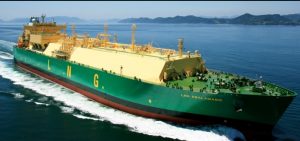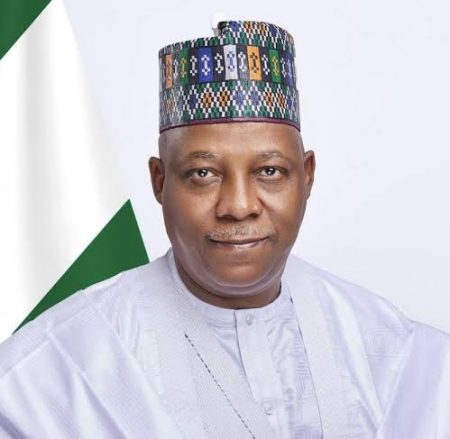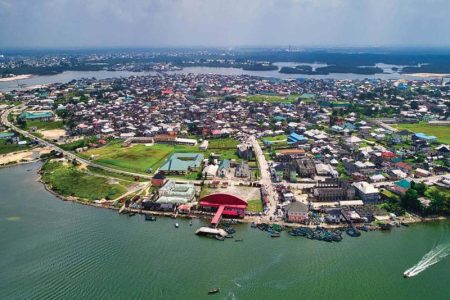
Eunice Imo Kalu
Lagos — Riverside LNG, a Nigerian-based firm, has said it is in talks to supply gas to South Africa in what would be the first such deal between the two countries. The company is also exploring opportunities in Liberia and Cameroon.
David Ige, a former executive at the Nigerian National Petroleum Company, NNPC, Limited and Chief Executive Officer of Riverside LNG, made this known in an interview with Bloomberg.
Ige said the company earlier this year signed a gas-export partnership agreement with Johannes Schuetze Energy Import AG of Germany and is now looking for deals on the continent.
Nigeria has Africa’s largest gas reserves, as the country has about 206 trillion cubic feet of gas reserves, making it a nation with more gas reserves than oil.
Ige stated: “We’d probably very early in the year close out another segment of the market, an off-take for South Africa. There’s a massively evolving gas market in the region, anything around 3,000 nautical miles of Nigeria. So that covers southern Africa, western Africa, all to northwest Europe and the Caribbean and South America broadly.”
Ige declined to provide further details on the talks with South African counterparts, citing confidentiality clauses.
He said South Africa currently does not have a facility to receive LNG so deliveries from the project won’t start until 2027, so there’s enough time for import terminal infrastructure.
The country relies on coal for four-fifths of its power generation, but with investments unlikely in the sector, it is now looking at renewable sources to generate as much as 60 gigawatts of its power needs by 2030.
A report produced by BloombergNEF and Bloomberg Philanthropies found that battery storage and flexible gas plants are the most cost-efficient solution to complement growth in solar and wind generation and guarantee power supply.
The 16-member Southern African Development Community has backed a $17 billion natural gas infrastructure plan to bolster energy supplies in the region, approving a blueprint to invest in infrastructure such as pipelines and terminals for local and imported supplies.
“A lot of those countries are looking to go gas, we see a huge opportunity for Nigeria in being a trading hub,” Ige said.



